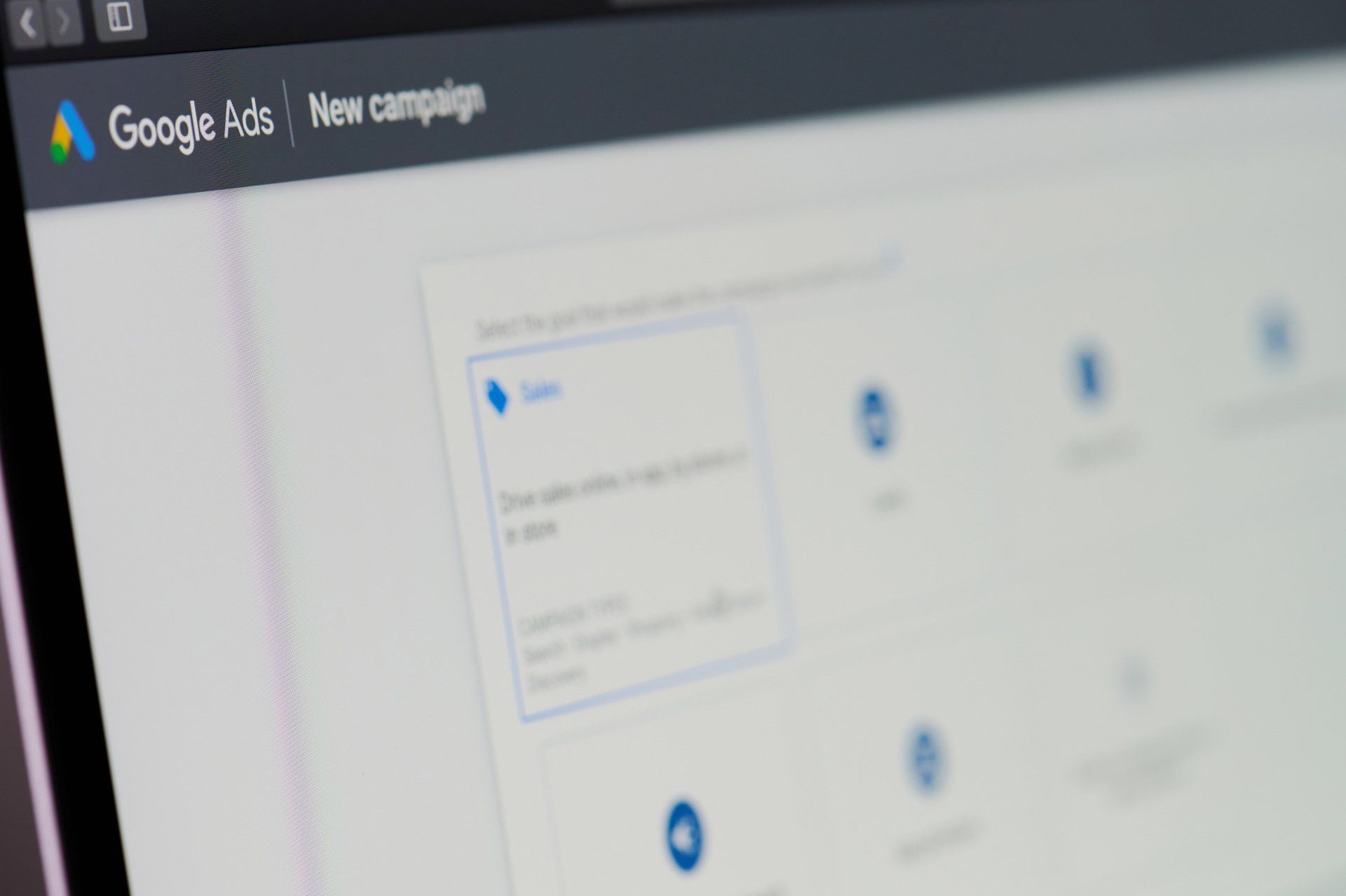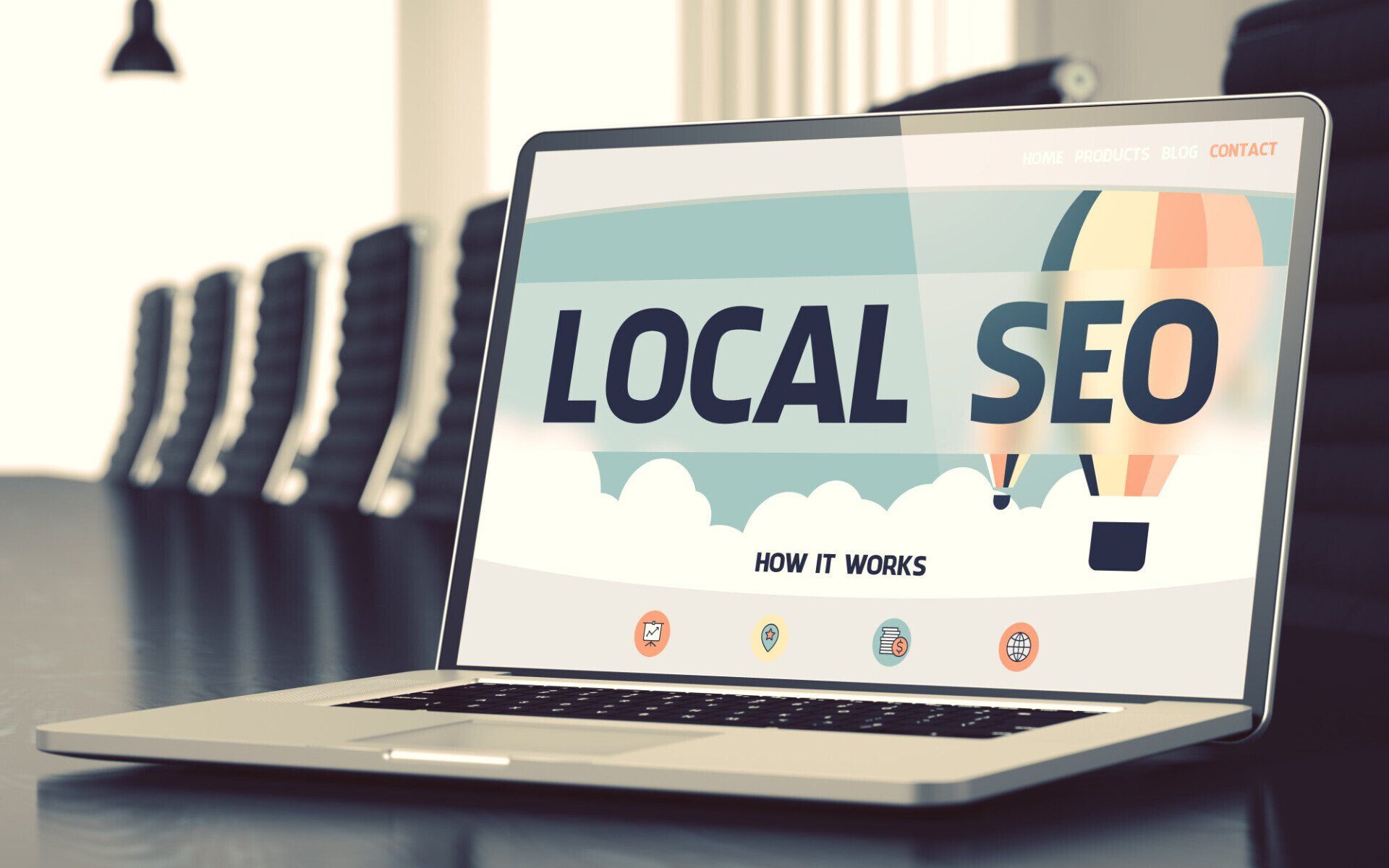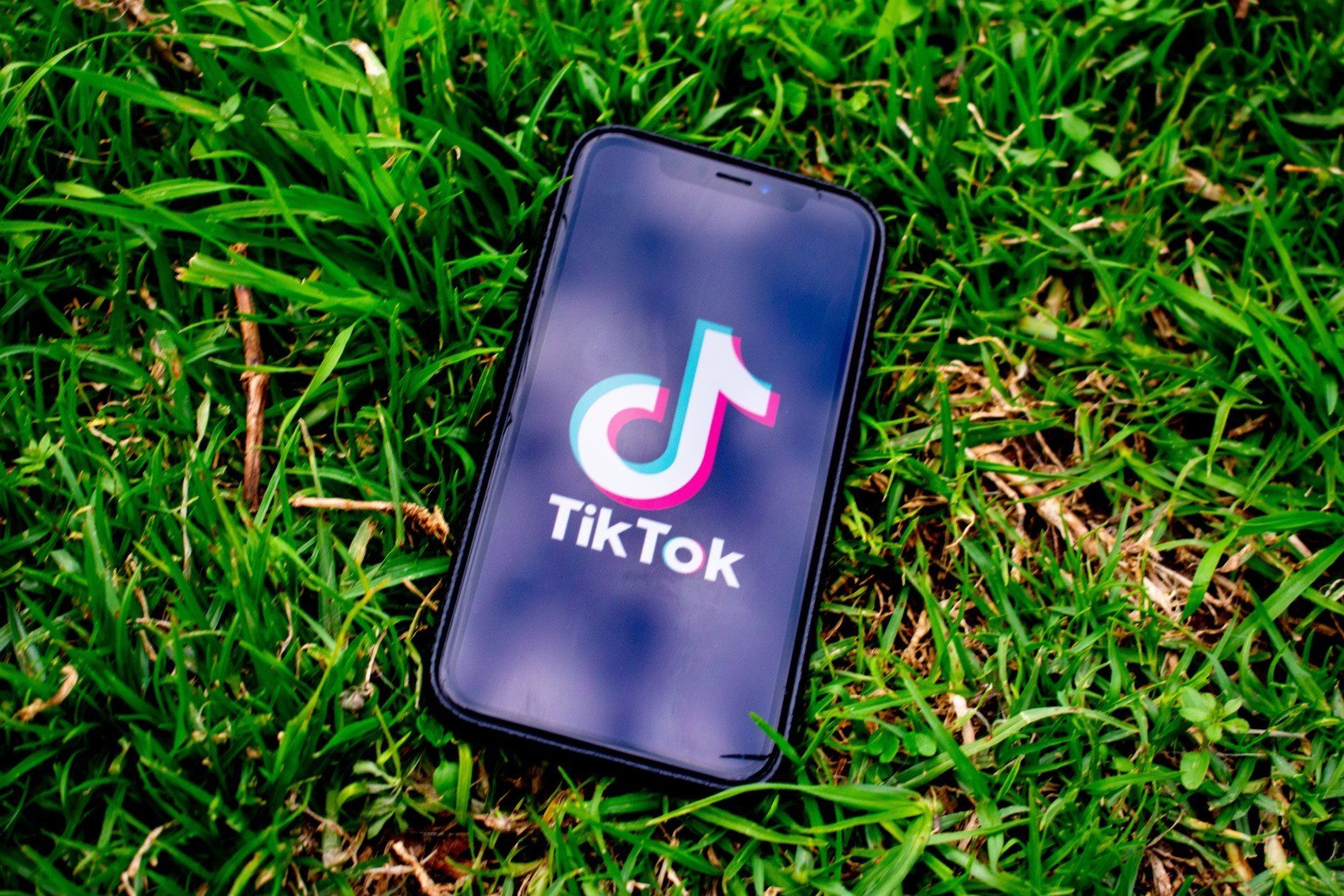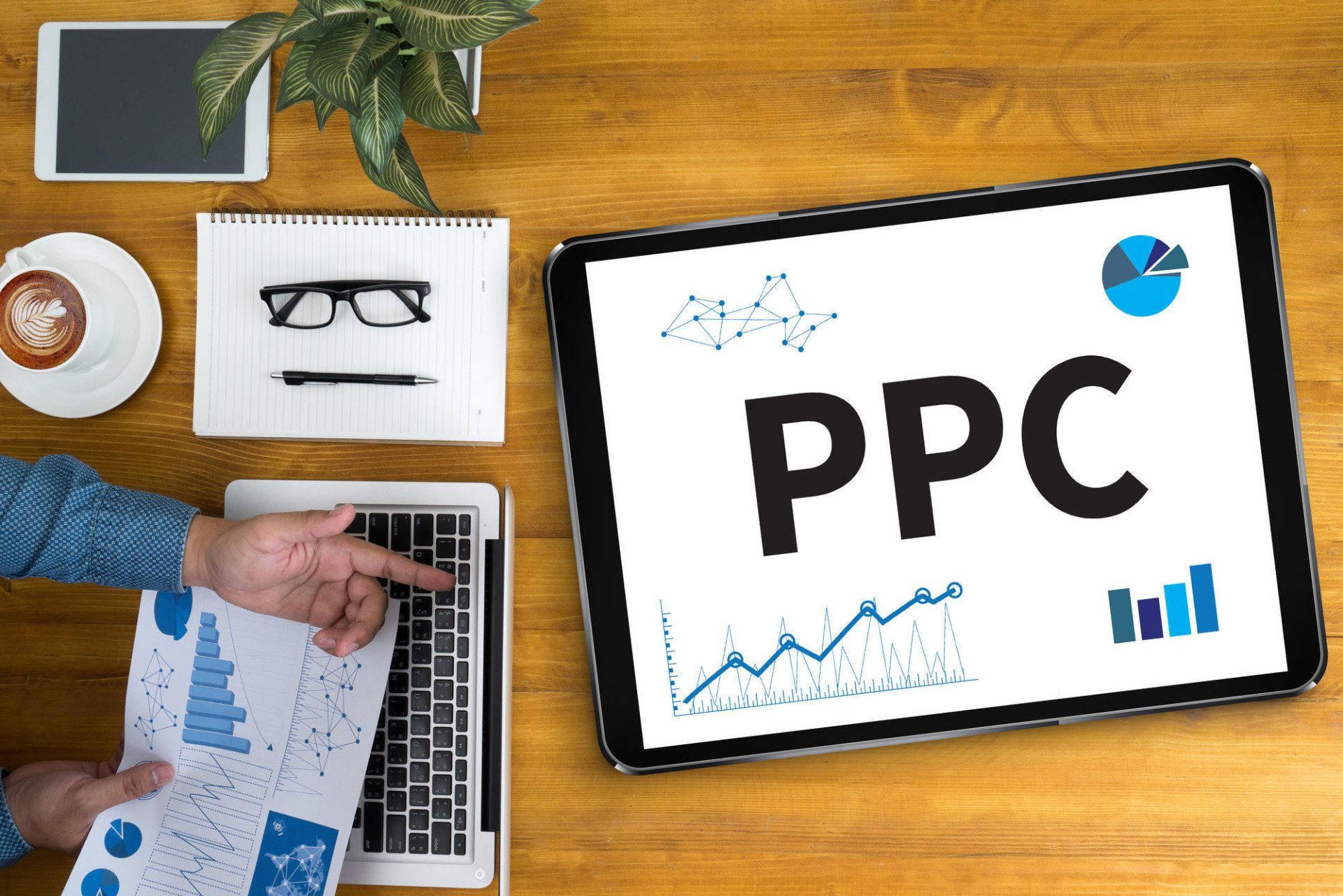Major Player: 7 Game-Changing Small Business SEO Tips for 2019
Google receives over 63,000 searches per second on any given day. 30% of these searches that originate from a mobile device are directly related to a location.
Most small businesses operate in a small, geographical area. 72% of consumers who do a local search visited a business within five miles. All it takes to work out what your potential reach could be is simple math.
These numbers don't lie.
Small business SEO is a different game — are you ready to be a significant player? Here are seven tips that make a world of difference in 2019.
General Small Business SEO Explanation
Most business owners and marketers are familiar with SEO (search engine optimization) and the basics of the process itself.
Simply put, if you want people to find your business through a Google search, then SEO needs to be a priority in your efforts. You will never generate authentic, online leads if your business can't be found.
Small, local businesses need online visibility for their business growth. Online local marketing is a foundation for ranking success. Small business SEO will help build your brand awareness because most search engine users are likely to trust a site that appears on the first page of search results than brands who don't.
Your SEO strategy and success will assist in building a strong web presence, gaining an advantage over your competition and procuring new customers. Here's how you do it:
1. Keywords Keywords Keywords
Shall we say it again? Keywords.
Small businesses need to do keyword research as much as the big guys out there.
Do competitor research and see what phrases and keywords are used throughout their site and specifically the ones that are applicable to your small business as well. And steal your competitor's keywords.
Basically, keyword research discovers the actual search terms that potential customers would type into a search engine. The keywords you decide on should ultimately reflect your products, services, information and the answers you have to your customer's problems.
2. Produce High-Quality Content, Everywhere
Your website needs to be updated. And often. If you've got a site that's been the same since you built it, then your SEO ranking is probably not where it should be.
Driving more traffic to your website and increases its performance and popularity means you have to give visitors a reason to keep coming back. New and old visitors are important to increasing your website rankings.
Think of these three words to drive your content strategy:
- High-Quality
- Relevant
- Regular
If the content you're posting on your small business' website checks these three boxes, then you're on way to attracting new online visitors.
If your content is good, then they will spend more time on your site, which in turn increases the stats that ramp up your rankings.
Websites that post highly informative content will have visitors who spend more time on their pages. It's about what you post.
Having said that, your content strategy needs to tie in with your keyword research. Make sure your keywords make regular appearances throughout your published content.
3. Prioritize Mobile Optimization
Consumers spend more than 5 hours a day on their smartphone. In 2019, 16% of US internet users will use a mobile phone exclusively to go online.
This means that the move of consumers to exclusive web usage on mobile is imminent. You need to make sure that your website is optimized for viewing on mobile.
Most searchers will exit a site if it is too difficult to read and navigate on their smartphone or tablet.
SEO for small business needs to include mobile optimization. Speak to your developer and make sure that your website is intuitive and easily interchangeable between devices. It will mean the difference between a simple website visitor and a qualified lead.
4. Use Outbound and Inbound Links
Outbound links are a great way to increase the credibility of your content and your website. If you quote facts to back up your content, then use these to link to the relevant, authoritative website that you found them on.
Links to resources from before 2009 will be irrelevant, so make sure the links you use are to more recent information.
Once you've chosen your outbound links, make sure you use the content within your website to link to other pages on your website. This will assist in keeping your visitor on your website for longer, particularly if they don't have to navigate to other sections on your site manually, and you've done the hard work for them.
5. Encourage Social Media Sharing
Make your website content shareable for social media in the easiest possible way, and then encourage it. We're sure by now that your website is active on at least one social media channel. Use this to your SEO advantage.
You can improve your SEO ranking by having people share links to your website on their social media.
Include share icons on all of your content, so with one simple click, a visitor can share your content or your product with their audience as well.
6. Optimize URLs and Meta Descriptions
There's something to be said about URL descriptions that contain hundreds of numbers and letters, and the content itself is not reflected in the URL name.
Make sure that the name of your URL has your title keywords in it, so it is easily readable and actually correlates to the content on that page.
Once you've done that, focus on the text description that shows up under the URL name: the meta description.
Make your Meta description descriptive, unique and short. Summarizing your content in your meta description with the right wording can convert a scroller to a website visitor.
7. Look Into Google Business
Google Business will allow you to create a business profile that appears right at the moment when people are searching for your business on Google or on Google Maps.
Capitalizing on this resource is paramount for small business SEO success. Use the resource to your advantage, make sure you keep your profile up to date and relevant and we guarantee it will aid in your SEO endeavors.
Small Business SEO Success
If you are in search of small business SEO success, then you've just read the right article. Take all 7 steps, and navigate through them.
Pay attention to detail and take your time when building your SEO strategy.
Remember, your SEO strategy needs to evolve. So what you do today will need to be kept regular and up to date, and your strategy might change over time. SEO is a journey, so good luck.










